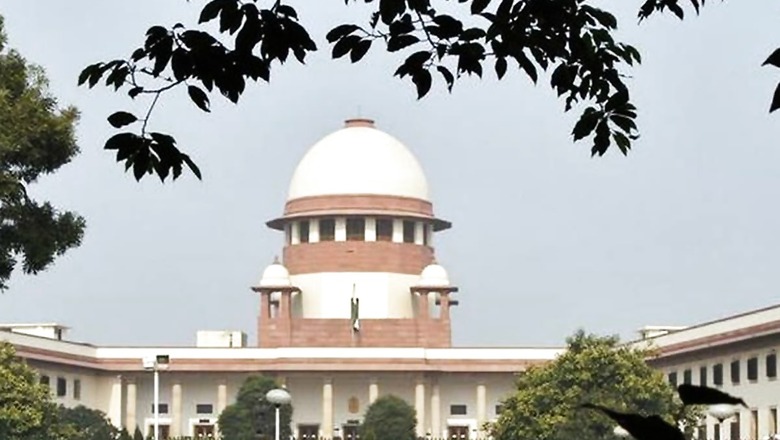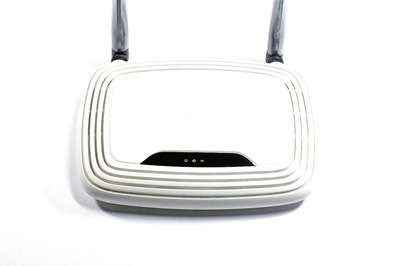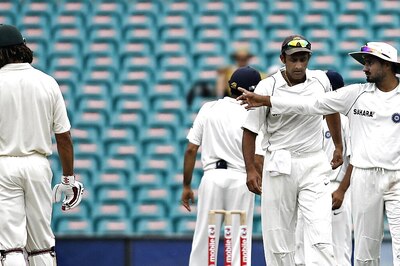
views
Appellate Courts need not to routinely re-appreciate the evidence in a criminal case as trial court is best placed to holistically appreciate the demeanour of a witness, the Supreme Court has said. A three-judge bench of Justices N V Ramana, S A Nazeer and Surya Kant made the observations while dismissing an appeal filed against a Delhi High Court judgment which had upheld the conviction and sentencing of the accused under Section 394 (Voluntarily causing hurt in committing robbery) of the Indian Penal Code and Section 25 of the Arms Act, 1959.
"It must be highlighted that appellate Courts ought not to routinely re-appreciate the evidence in a criminal case. This is not only for reasons of procedure, expediency, or finality; but because the trial Court is best placed to holistically appreciate the demeanour of a witness and other evidence on record," the bench said.
According to the prosecution, the victim-complainant, Tabban Khan was robbed of Rs 30,000 by three boys in May 17, 2001 in Shahdara here. The police caught the trio three days later from a bus stand and recovered a knife from the appellant Mohd Anwar and other co-accused.
The trial court held all three accused guilty of robbery with attempt to cause grievous hurt and sentenced them to seven years rigorous imprisonment, two years rigorous imprisonment under Section 25 of the Arms Act and fine of rupees five thousand (or imprisonment of six months in lieu thereof). The appellant (Anwar) approached the High Court which dismissed the charge under Section 397 (robbery) of IPC, and instead convicted him under Section 394 with a reduced sentence of only two years rigorous imprisonment.
The top court said the testimonies of the witnesses are indeed impeccable and corroborative of each other. It said thd crime of robbery with hurt has been established by the testimony of witness and the other evidence on record.
The complainant had no motive to falsely implicate the appellate and to allow the real culprits to go scot-free, the apex court said. It noted that the appellant who had been granted bail is untraceable and the government counsel told that the appellant is not residing at his claimed address since the past eight years.




















Comments
0 comment